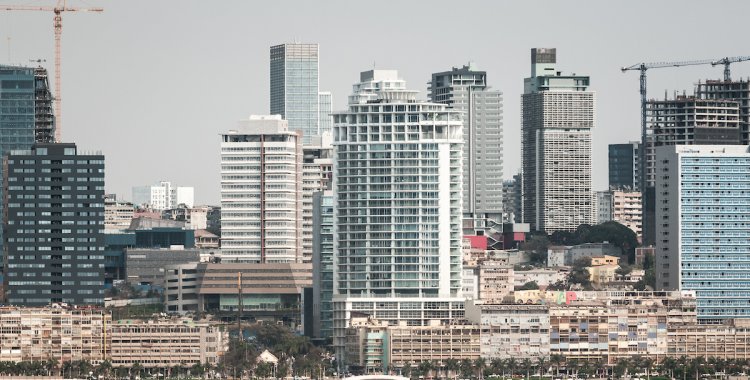"With recent events, there are shifts in risk appetite towards frontier markets and particularly the region, which is reflected in the increase in sovereign prices, so Angola will face high pressures in terms of short-term financing," said Thibault Lemaire.
In an interview with Lusa at the end of the World Bank and IMF Spring Meetings, which ended on Saturday in Washington, the economist stressed that "Angola's strong dependence on the oil sector makes the country vulnerable, but the last Article IV consultation on the country's economy considered that external reserves are adequate".
Asked whether the Angolan government is in negotiations or has given indications about the need for an IMF financing program, Thibault Lemaire said that a new financial adjustment program is not in preparation.
"The Angolan authorities have not requested a program and the technical staff continues to collaborate with the authorities under supervision and capacity development, focused on strengthening macroeconomic stability and increasing resilience to external shocks, but we are ready to collaborate if the authorities request a program, but this is the authorities' decision", highlighted the economist.
In an interview with Lusa, Thibault Lemaire said that the impact of the increase in tariffs decreed by the President of the United States, Donald Trump, is mainly due to indirect effects, and not specifically due to the increase in the costs of international trade, especially since oil, Angola's main export product, is exempt from changes.
"The effects are mainly indirect; for the region, the most important transmission channel, especially for oil exporters like Angola and Nigeria, is the reduction in raw material prices," said Thibault Lemaire, acknowledging that global economic conditions also have a significant impact on the region.
"The side effects are due to the slowdown in global demand, tightening of financial conditions, potential exchange rate pressures and, globally, greater economic uncertainty," he said.
In an interview with Lusa in Washington last week, Finance Minister Vera Daves admitted that the sustained fall in oil prices could force a review of the State Budget.
"We have scenarios under analysis: price of 65 dollars per barrel, price of 55 dollars, price of 45 dollars. We understand that up to 55 dollars per barrel [...] it is still possible to manage the situation and we intend to do so. On an ongoing basis, prices below 55 [dollars per barrel] would probably require a budget review", said Vera Daves de Sousa.
"We will observe. We have the calculations done, the numbers prepared. As long as we are able to manage the situation only with restrictions on the expenditure side of goods and services, on capital expenditure, we will manage it that way. If we feel that it is not enough, because for too long the price has remained below this bearable level, then we would have to go ahead with the budget review exercise", he concluded.







